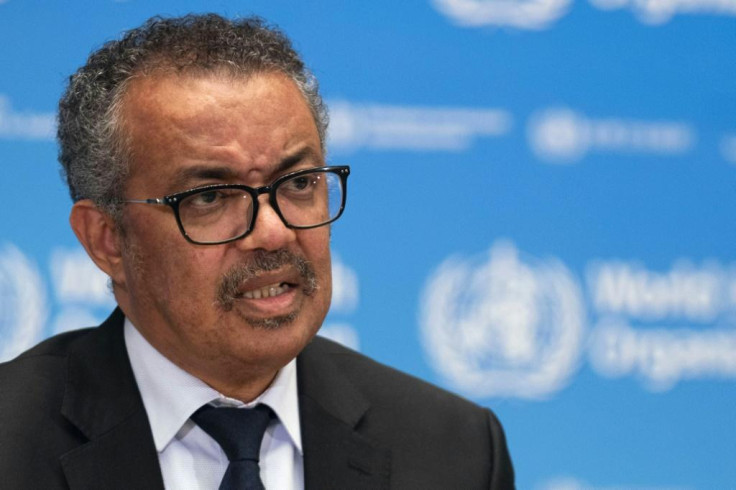Coronavirus: WHO believes pandemic will not end soon, vaccine trials face another challenge
Top epidemiology experts call for more diversity to ensure that among the 30,000 participants more ethnic minorities and Black volunteers are included.
As several biotech companies receive clearance to move forward with their respective coronavirus vaccine trials, it might seem that everything will soon be under control. However, the World Health Organization (WHO) remains doubtful that a major breakthrough will signal its end soon. In fact, in its latest discussion held in Geneva, Switzerland Friday, the assembly declared that SARS-CoV-2 is now considered Public Health Emergency of International Concern (PHEIC). Moreover, experts suggest that the pandemic will be "lengthy" after careful evaluation.
"WHO continues to assess the global risk level of Covid-19 to be very high," according to a statement from the group. "The committee highlighted the anticipated lengthy duration of this Covid-19 pandemic, noting the importance of sustained community, national, regional, and global response efforts." The declaration was made after pooled data from around the world shows a sharp rise in new coronavirus cases in the past six weeks.
"It's sobering to think that six months ago, when you recommended I declare a PHEIC, there were less than 100 cases and no deaths outside China," said WHO director-general Tedros Adhanom Ghebreyesus. "The pandemic is a once-in-a-century health crisis, the effects of which will be felt for decades to come."
Meanwhile, AstraZeneca and Moderna's coronavirus vaccine candidates have been approved to proceed with their respective third phase of testing. Both groups have been funded by the Operation Warp Speed – a public-private initiative by the United States federal government. So far, results published by medical/scientific journals confirm that the jabs were generally safe and generated the desired immune response from volunteers.
Nevertheless, top epidemiology experts call for more diversity to ensure that among the 30,000 participants more ethnic minorities and Black volunteers are included. Director of epidemiology for the University of California, San Francisco Asthma Collaboratory Dr. Sam Oh said: "We know that there are higher mortality rates in Black and ethnic minority people and infections are being propagated at much higher in these groups."

Even though vaccines are not as affected compared to medications based on pharmacogenetics, it can be considered an issue in compliance by regulatory groups. The National Institute of Allergy and Infectious Diseases director Dr. Anthony Fauci points out that so far, the third phase trials show a more diverse group but is still somewhat lacking.
© Copyright IBTimes 2025. All rights reserved.





















